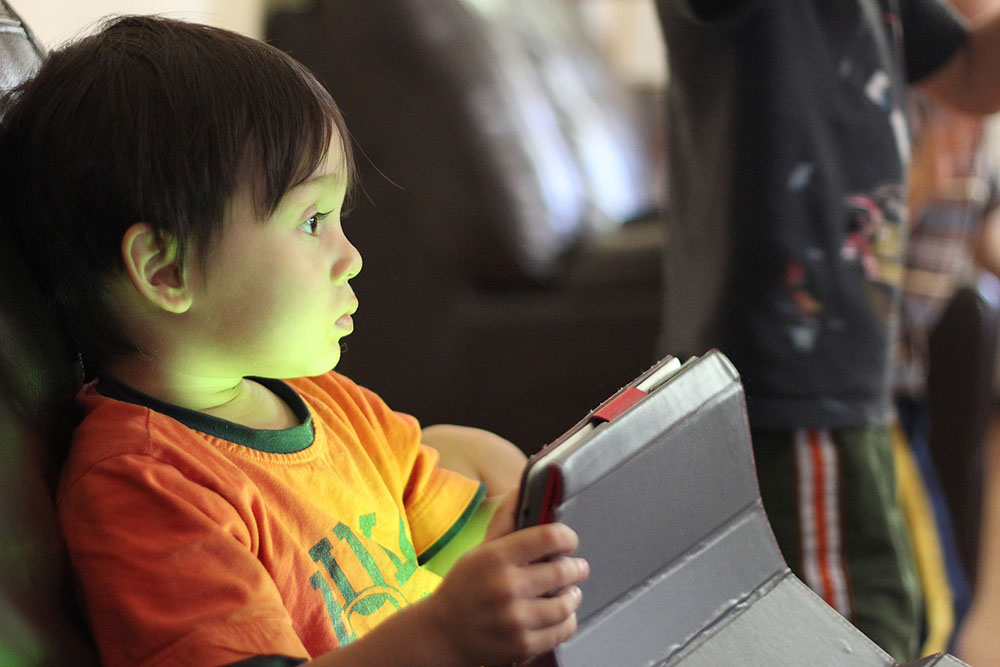Facebook unveiled Messenger Kids at the beginning of last December, tailoring the Messenger app for kids under 13 and implementing heavy parental controls. In the digital age, the program provides a groundbreaking answer for both the fear of missing out -woes of every smartphone-toting tween and their worrying parents.
“We found that there’s a need for a messaging app that lets kids connect with people they love but also has the level of control parents want. To give kids and parents a fun, safer solution, we built Messenger Kids,” Facebook Production Management Director Loren Cheng wrote in a Dec. 4 blog post prolific with phrases like “kid-appropriate” and “parent-approved.”
But the Campaign for a Commercial-Free Childhood wrote a letter, signed by 19 organizations and around 100 health experts, Jan. 30 to Facebook CEO Mark Zuckerberg, claiming that the new app is detrimental to children.
And they’re right.
Yes, Messenger Kids seems like the best option when it comes to child cybersafety. While they can communicate with friends and family, they are unable to add users without parental permission. Safeguards offer the ability to flag content and block pests, and usage can be prevented during certain times.
But parents lack the ability to view conversations without asking to see their child’s screen. Inappropriate language can’t be censored — a feature even the now-defunct game Club Penguin had years prior — and explicit pictures and videos still have the potential to be sent.
It may seem preposterous that Messenger Kids’ target demographic even thinks about sexting, but it does happen. BBC reported last July that authorities in England and Wales discovered at least 400 children between ages 5 and 12 have sent inappropriate images of themselves through various messaging apps.
Facebook will no doubt fix these limitations soon enough, but no update will change the fact that Messenger Kids is just another enabler for the smartphone addiction
epidemic.
A study published by the American Psychological Association in February 2017 reported that nearly 50 percent of parents constantly battle with their children when it comes to regulating cell phone use, and 58 percent felt their offspring was very attached to their phone. (I’ve witnessed such unhealthy attachment in my 11-year-old sister, who is frequently changing the outfits of her Snapchat avatar or messaging Instagram celebrities.)
With such heavy exposure comes debilitating results.
Researchers at San Diego State University and Florida State University published a study in the journal of Clinical Psychological Science suggesting a link between rising levels of depression and suicide rates in American adolescents and smartphones monopolizing their free time. When surveyed, middle-schoolers who browsed social media 6–90 hours a week were 47 percent more likely to feel unhappy than adolescents who used social media less.
When children over the age of 12 are feeling this way, how could opening the Facebook gates to kindergartners be a good idea?
I’d like to say Zuckerberg has good intentions, but let’s face it – user growth is quintessential to continue Facebook’s vitality. What better way to do that than to specifically target a 24 million-children?
Though safe, this application is simply unnecessary. The need Cheng addressed in her blog post only exists because Messenger Kids is creating it. At the end of the day, it’s just a gateway app that will ultimately lead our children into the very same mindless liking and swiping that afflicts us all.
Vence is an opinion writer.
